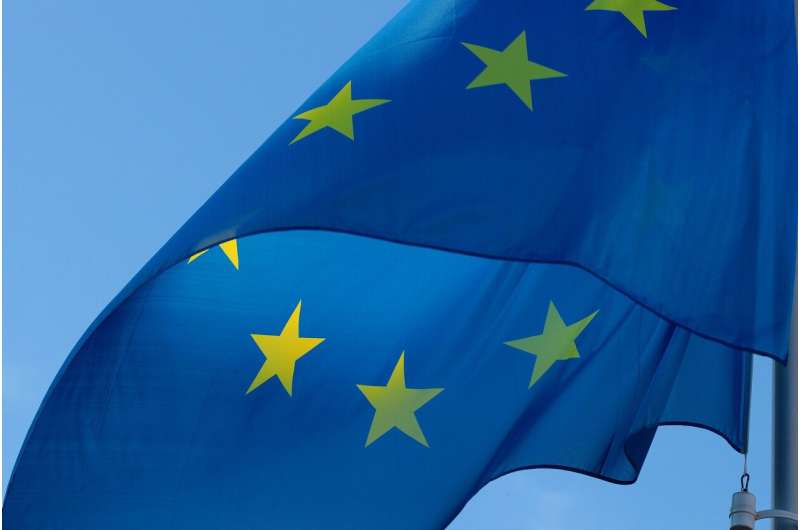
As millions of voters prepare for next month's European Parliament elections, AFP explores some of the deep transformations the 27-member bloc has made in the field of technology.
Goodbye cookies, hello pop-ups
For years, any website aiming to make money through advertising relied upon cookies.
The tiny programmes installed themselves on our machines and then tracked us across the internet.
In 2018, the European Union intervened.
Its general data protection regulation (GDPR) forces websites to ask for consent, aiming to protect personal data.
"I click 'refuse' systematically," explained Victoire Philippe, a physiotherapist. "No one wants sites to follow us on the internet."
However, users must now navigate pop-up windows and lists of permissions.
Like many internet users Philippe said having to tick each box was "a real nuisance".
A digital eraser
The internet is a haven of over-sharing, and deleting any information once it gets on the web is famously tricky.
But an EU ruling in 2014 made it a whole lot easier—the bloc's top court finding that Google and other search engines were obliged to remove personal data in some circumstances.
The GDPR widened the rules, creating a right to be erased.
"These requests are clearly on the rise," said Jerome Deroulez, a lawyer specialising in digital issues.
While Google has repeatedly challenged the rules, Deroulez said a large chunk of the requests were now more mundane—people demanding that former employers to erase their personal data.
Free to roam
Mobile networks were once the scourge of the consumer, hitting them with outlandish fees for simply answering a call while overseas.
In 2017, the EU stepped in to ban roaming charges within the bloc.
The move "lowered the mental workload", said French executive Kevin Eon, who kept his number when he went to work in the Netherlands.
"When I was doing all the admin needed for moving abroad, I could just give my French number—no need to buy a Dutch SIM card. It's a huge time saver," he said.
One charger for all
By next year, those drawers filled with a spaghetti junction of charging cables will be a distant memory.
All manufacturers selling in the bloc will be obliged to use the USB-C port on phones, tablets, speakers and other portable tech.
Most devices already use these cables, but Apple was more than a little reluctant.
The firm said in 2021 that such regulation "stifles innovation", but by September last year it had begun shipping phones with the new port.
Flattening the platforms
The EU has framed a bunch of other laws to level out the power of the huge platforms that control our online lives.
The rules are yet to be fully tested but they aim to force the biggest online firms to offer access to their competitors' services.
One immediate consequence has been that Google is no longer allowed to swiftly redirect users from its search engine to its maps app each time they search for a location.
"It's a good thing there's no monopoly anymore," said Rebecca, 47, from Hanover in Germany.
Stefania Briano, an Italian tourist using Google Maps to explore Paris, said the move had not changed anything for her. "I hadn't even noticed it," she said.
© 2024 AFP
Citation: How the EU transformed tech (2024, May 6) retrieved 6 May 2024 from https://techxplore.com/news/2024-05-eu-tech.html
This document is subject to copyright. Apart from any fair dealing for the purpose of private study or research, no part may be reproduced without the written permission. The content is provided for information purposes only.
